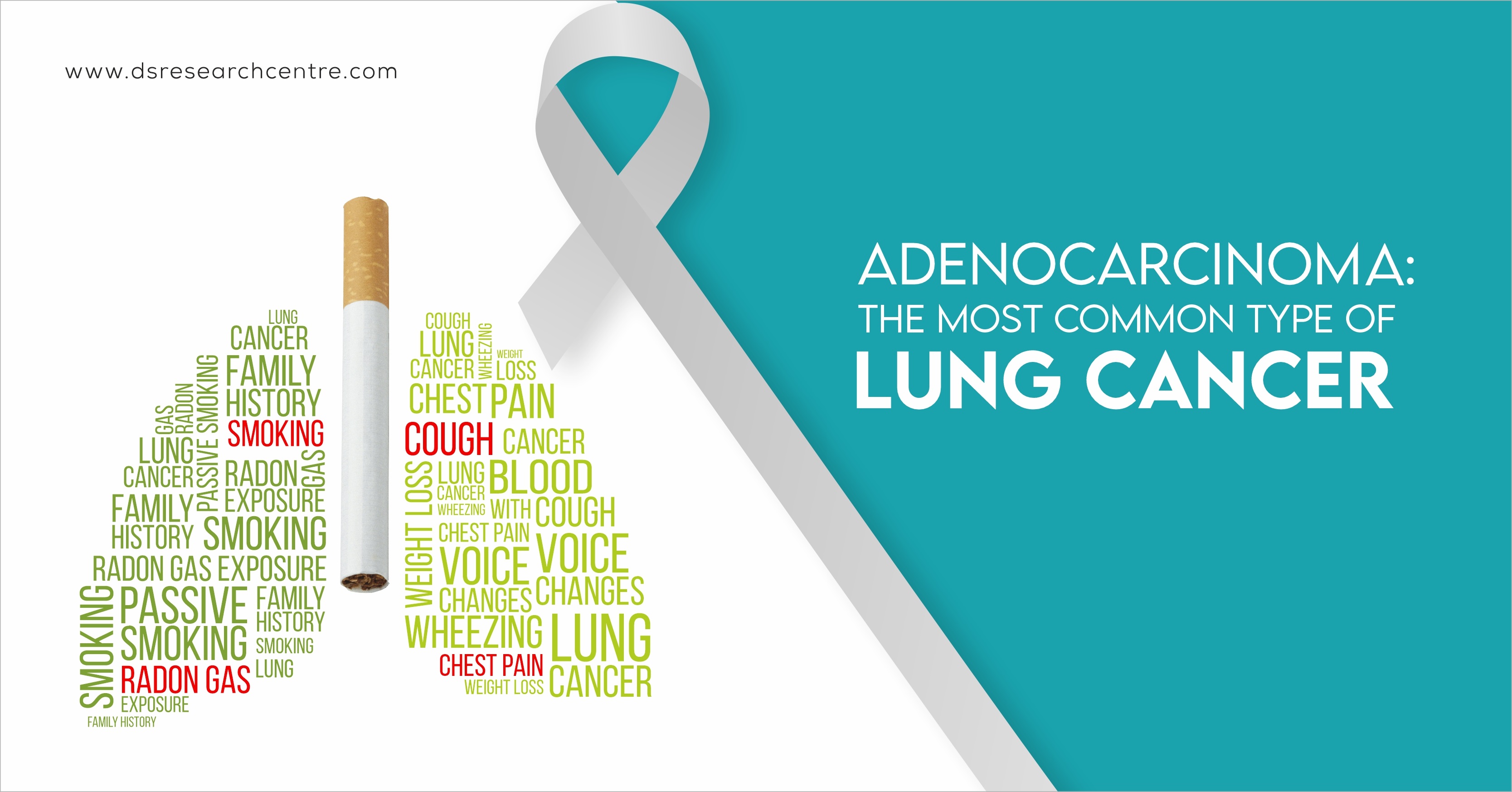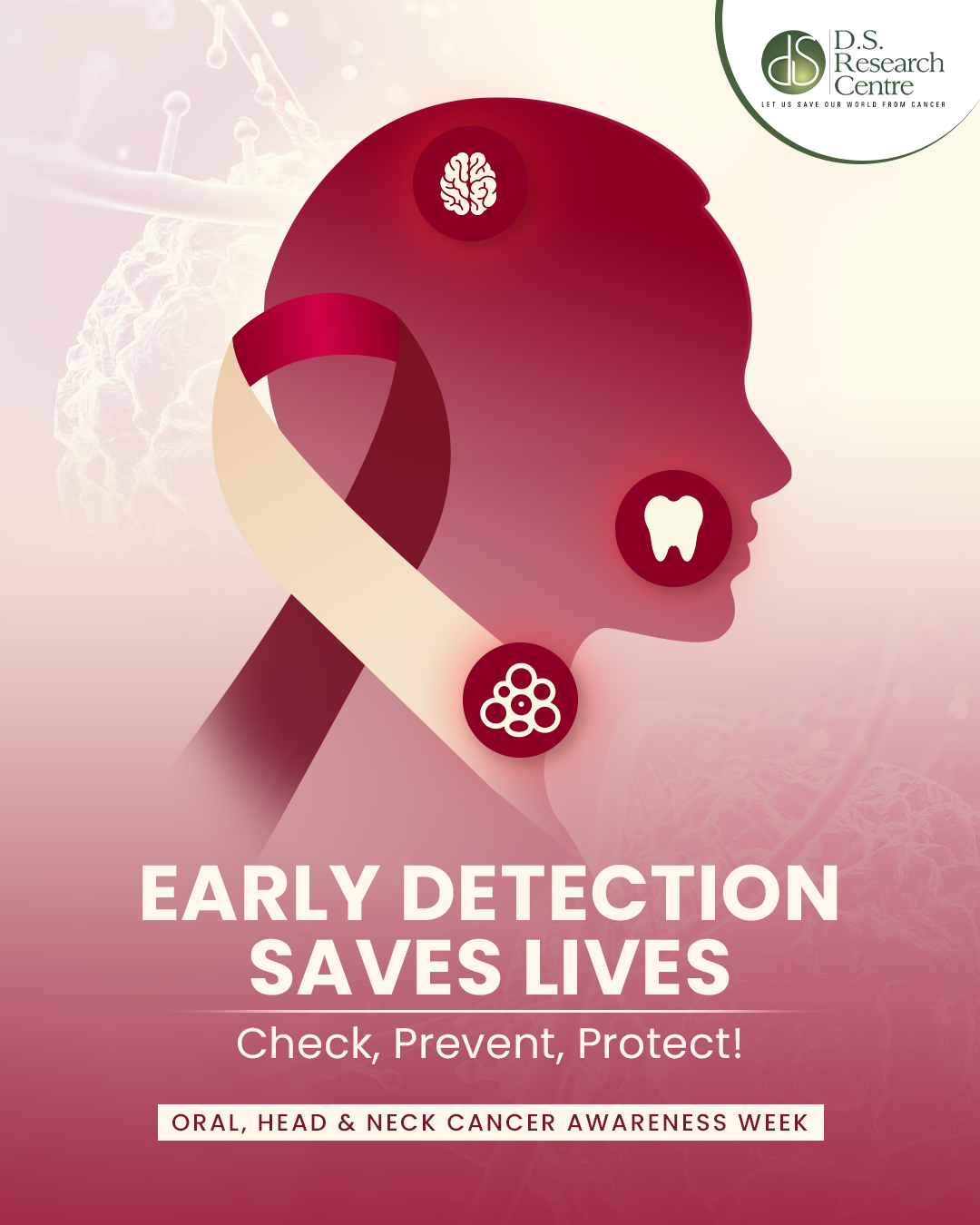Cancer is one of the primary causes of death across the globe.
Among the different forms of cancer, mortality from lung cancer is very common.
This article involves a discussion about Adenocarcinoma - the most common type
of lung cancer, and the feasibility of Ayurvedic treatment for lung cancer as
an affordable mode of cancer treatment without chemotherapy.
What
is Lung Cancer?
The
occurrence of Lung Cancer is characterized by the cells lining the bronchi
and/or alveoli (or bronchioles) of lungs growing in an uncontrolled and
unrestricted manner. Cancers which start in other organs but metastasize to
lungs (the primary site being some other bodily organ) are not categorized
under lung cancer.
What
are the types of Lung Cancer?
There
are two main types of Lung Cancer - Non-small
cell lung cancer (NSCLC) and Small
cell lung cancer (SCLC). Approximately 80% of lung cancers are NSCLC and
these are commonly divided into adenocarcinoma, squamous cell carcinoma, and
large cell carcinoma.
What
does the word adenocarcinoma mean?
The
word “adeno” refers to that which belongs to a gland, or that which is
connected as a part of a gland. “Carcinoma” stands for cancer. Adenocarcinoma
cells have secretory properties like glands.
Adenocarcinoma
- The most common type of lung cancer
Since
glandular tissues occur extensively across numerous parts of our body,
adenocarcinoma can affect a variety of organs in the body. Adenocarcinoma is
particularly the most common variety of lung cancer.
Why is
Adenocarcinoma dangerous?
Although
it is the nature of cancers to spread or metastasize to other parts,
adenocarcinoma is best known for its tendency to invade other tissues and can
easily spread to other organs within a short period.Another risky thing
about Lung Adenocarcinoma is its relatively greater affinity for recurrence
after treatment.
Why we
need to know about Adenocarcinoma - the most common type of lung cancer?
-
It is the most common variety of primary lung
cancer which mostly affects the non-smoker group of people.
-
It can quickly invade other tissues.
-
Its recurrent nature and propensity for
reappearance. Adenocarcinomas most usually have a bad prognosis.
-
To understand the clinical outcome, and decide
upon the treatment option, depending on whether the cancer is within the lung,
or has already spread to other parts of the body.
How is
Lung Adenocarcinoma classified?
-
Adenocarcinoma in situ.
-
Minimally invasive adenocarcinoma.
-
Invasive adenocarcinoma.
-
Variant adenocarcinoma, i.e.; the
histomorphologic variants of adenocarcinoma involving different sites of
emergence.
Clinical and therapeutic outcomes are better when adenocarcinomas
are diagnosed early.
What
are the symptoms of Lung Adenocarcinoma?
The
symptoms depend upon the clinical staging of lung cancer. Earlier stages are
mostly asymptomatic. The later stages may exhibit symptoms such as cough,
haemoptysis, difficulty in breathing , sudden and unaccounted weight loss, and
extreme weakness.
Treatment
options for Lung Adenocarcinoma
The
treatment options available in conventional system include surgery,
radiotherapy, chemotherapy,
immunotherapy, and targeted therapy. These treatment options for lung adenocarcinoma
depend upon the severity or stage of progression of the disease, overall health
of the patient, possible lung functionality, and also the age and immunity of
the patient.
Why
should we prefer Ayurvedic treatment for Lung Cancer over conventional methods
to treat Adenocarcinoma?
-
Most of the available treatment methods have
serious side effects, I.e.; the risk often outweighs the possible benefits.
-
Maximum cases are detected in the advanced
stages where the health of the patient already starts deteriorating. Such
patients cannot withstand the destructive procedure with a poor immunity and
energy level.
-
Attaining control over the disease, Ayurveda
prevents further weight loss and
progressive deterioration.
-
Ayurvedic approach is not destructive. It
improves recovery of cancer patients through the body’s own healing system.
-
With proper Ayurvedic intervention at correct
times, using Ayurvedic medicine for cancer, the chances of recurrence and/or
future metastasis of the cancer are minimized.
-
Ayurvedic approach is natural. It targets the
route cause from the very basic level, efficiently arresting the spread of the
disease.
-
By attaining control over Vayu (Tridosha theory in Ayurveda), the abnormal cell division is
impeded, improving pitta and Agni. Consequently, metabolism can be
corrected using Rasayana ausadhi like Amalaki (Emblica officinalis), pippali (Piper longum), sunthi (Zingiber officinale), tulsi (Ocimum sanctum), chawanprash, etc. Thus, proper cancer
diet plan in Ayurveda can help in augmenting the strength of the healthy cells
and boosting immunity.
-
Ayurveda is a broad spectrum approach for
cancer. Ayurvedic treatment for cancer is minimally invasive. Furthermore, the
holistic approach afforded by Ayurveda offers an affordable cancer treatment
regime that can help boost the quality of living in patients post recovery.
“You can be a victim or a survivor of cancer, the choice is yours”








Posted on April 15, 2016
Posted on April 15, 2016